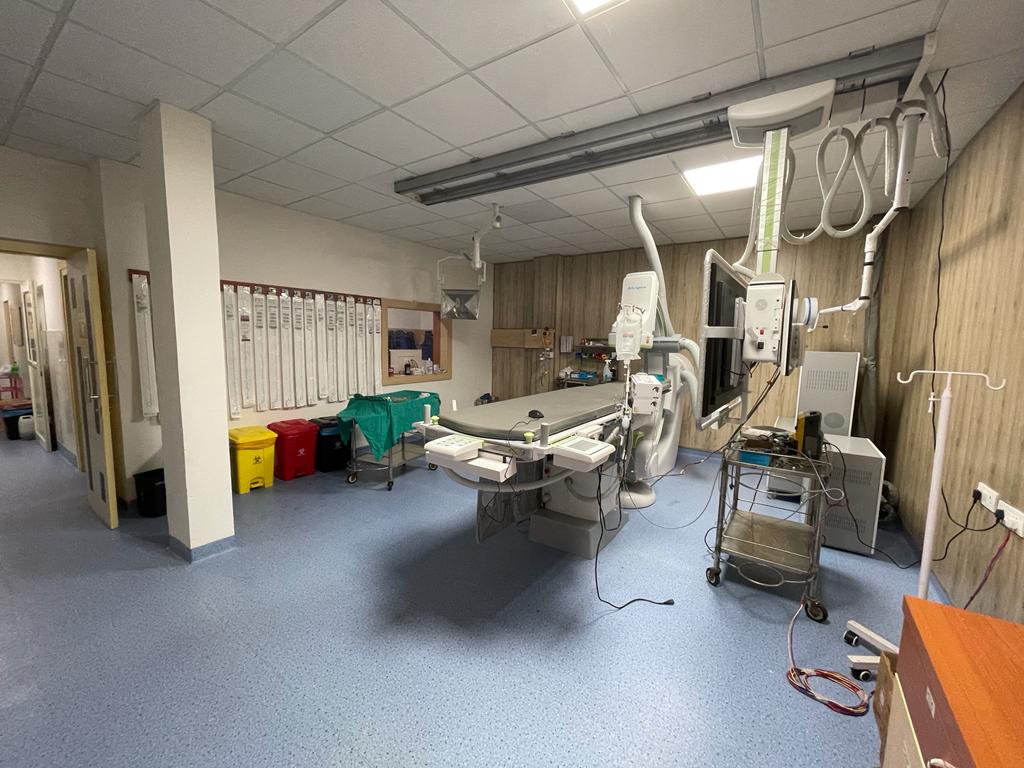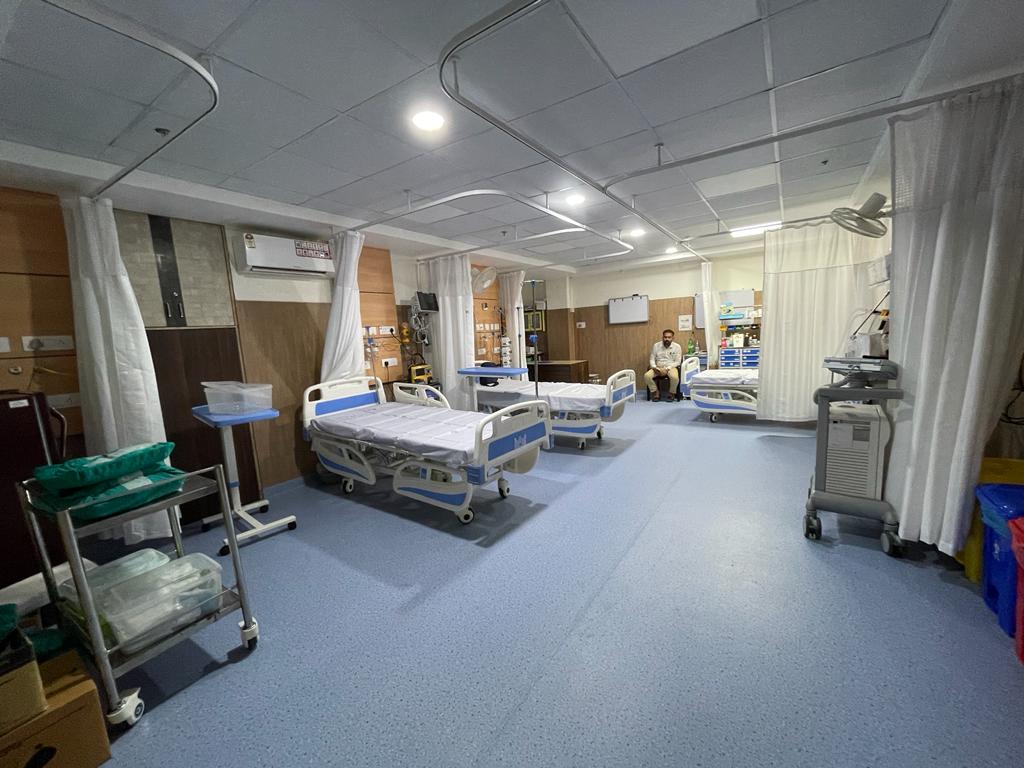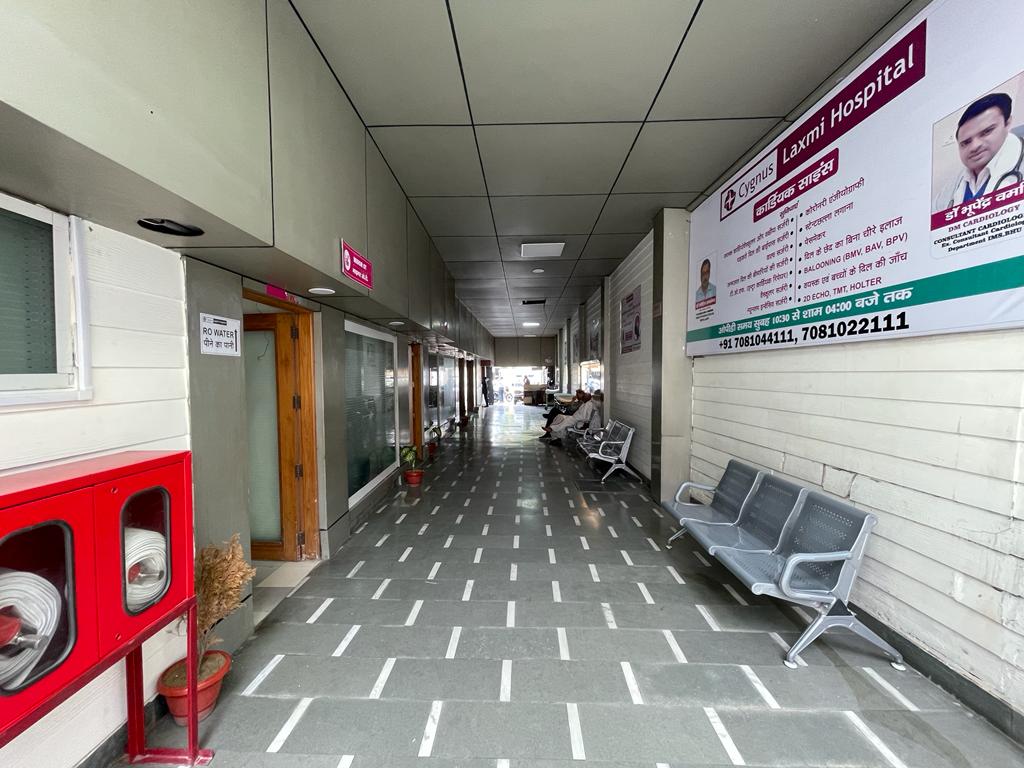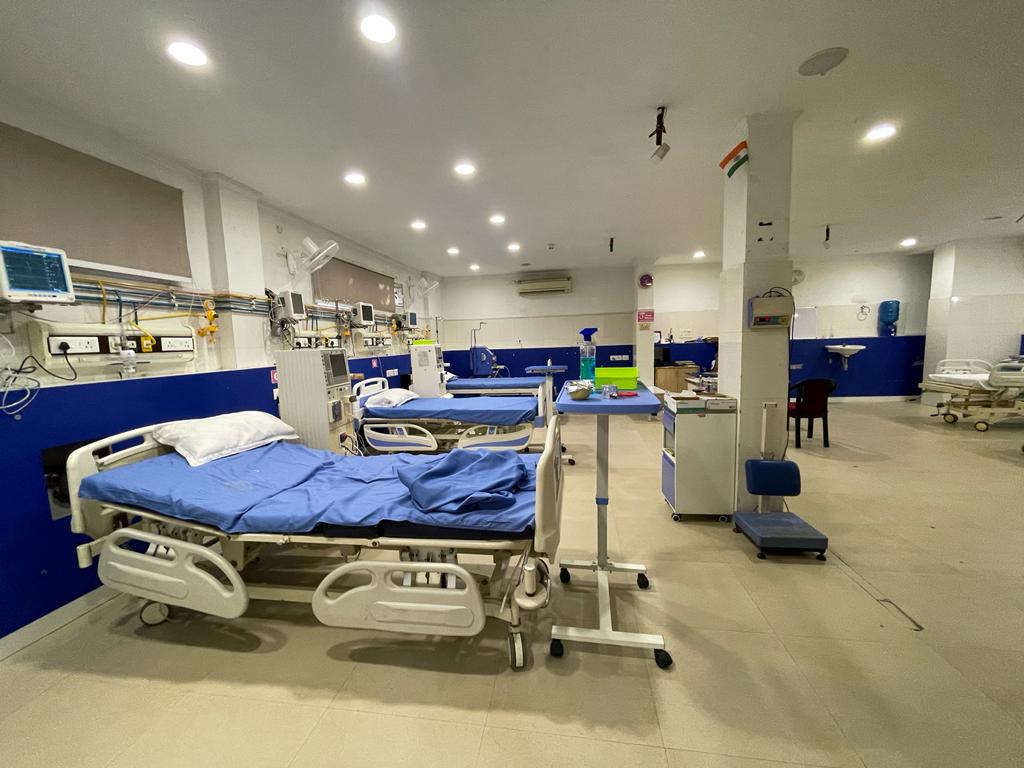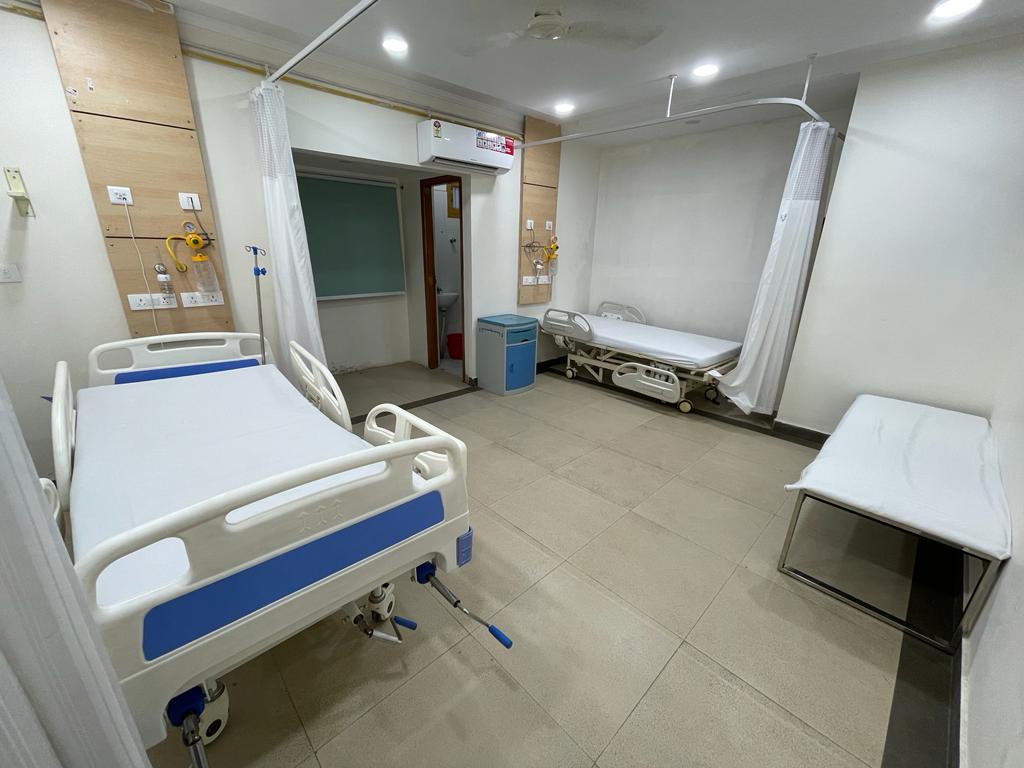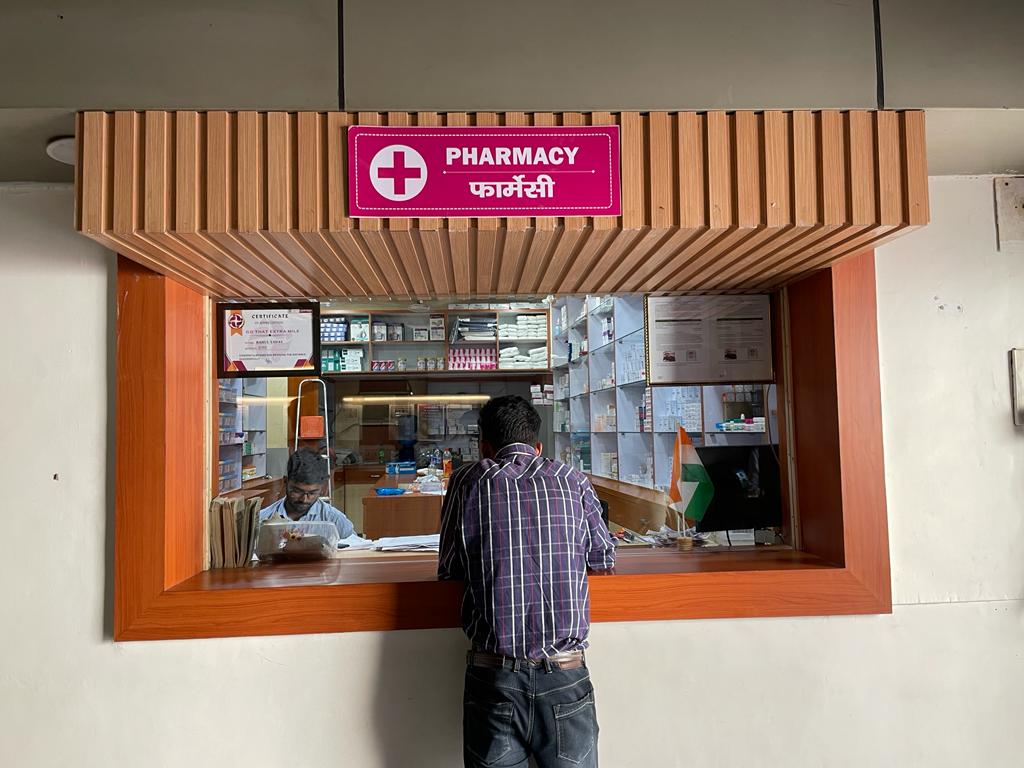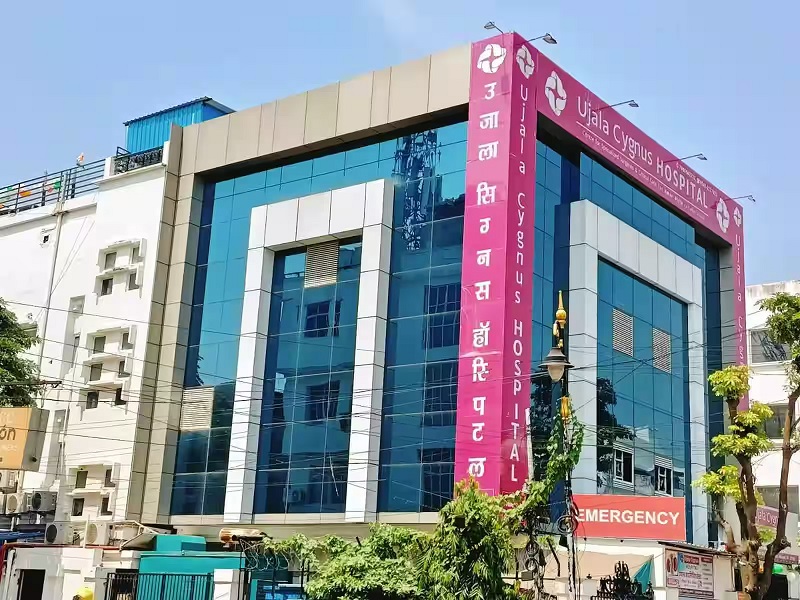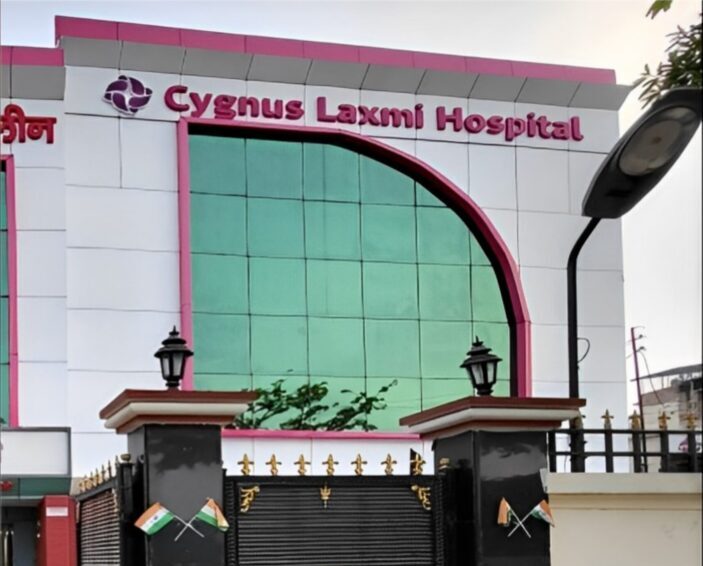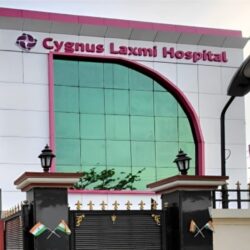Who needs it?
Several conditions may warrant female reproductive organ-related surgery, including uterine fibroids, endometriosis, ovarian cysts, pelvic organ prolapse, uterine prolapse, and certain types of gynecologic cancers.
These surgeries aim to alleviate symptoms, restore function, or remove abnormal tissue or organs when necessary.
Process of laparoscopic female reproductive organs surgery
This minimally invasive technique involves making small incisions in the abdomen and inserting a thin tube with a camera (laparoscope) to visualize the reproductive organs(ovary, uterus, fallopian tube, cervix).
Our expert gynecologists insert surgical tools through additional small incisions to perform the necessary procedures, such as removing fibroids, cysts, and tumors.
Recovery
Recovery from laparoscopic female organ surgery is typically faster compared to traditional open surgery.
Patients may experience some pain, swelling, or discomfort in the days following the procedure, but these symptoms are generally manageable with pain medication.
The recovery period can vary depending on the specific surgery and individual circumstances.
When to see a doctor?
Visit our extraordinary surgeons if you experience persistent or worsening symptoms related to your reproductive organs.
Symptoms may include abnormal bleeding, pelvic pain, abnormal discharge, urinary or bowel problems, or any other concerning changes in your reproductive health.
A healthcare provider can evaluate your condition, recommend appropriate diagnostic tests, and discuss the potential need for surgery or other treatments.







